From the Membership Committee
 I could not be more pleased as I review the membership trends that Dr. Alissa Doobay, Co-Chair of the Membership Committee, diligently updated this year to allow continued tracking of the committee’s outcomes. Two trends immediately captured my attention. First, we experienced the greatest one-year increase in the total number of members, primarily driven by the largest one-year increase in full members with advocacy since we began tracking in 2000. Second, we experienced an increase in student members that returned us to our 2019 number, after a significant drop in student membership from 2019 to 2020 that appeared to be associated with the unfortunate cancellation of the 2020 spring conference. Additionally, we celebrated robust retention across all membership categories this year.
I could not be more pleased as I review the membership trends that Dr. Alissa Doobay, Co-Chair of the Membership Committee, diligently updated this year to allow continued tracking of the committee’s outcomes. Two trends immediately captured my attention. First, we experienced the greatest one-year increase in the total number of members, primarily driven by the largest one-year increase in full members with advocacy since we began tracking in 2000. Second, we experienced an increase in student members that returned us to our 2019 number, after a significant drop in student membership from 2019 to 2020 that appeared to be associated with the unfortunate cancellation of the 2020 spring conference. Additionally, we celebrated robust retention across all membership categories this year.
The Membership Committee has implemented a number of tactics in line with the committee’s overarching Strategic Plan goals of Connection, Recruitment, and Retention that have assisted in promoting the notable increases in membership numbers. Additionally, a number of initiatives from IPA’s Executive Council and our fabulous committees have been instrumental in promoting connection, recruitment, and retention.
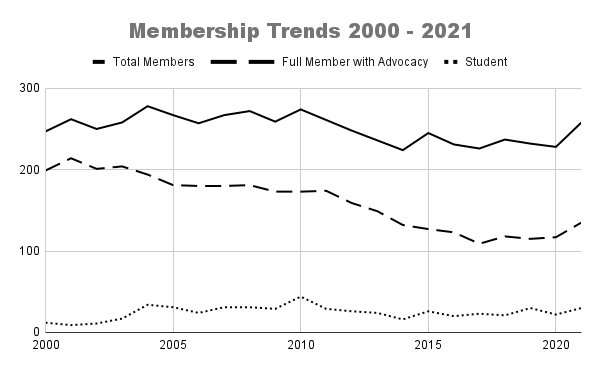
With regard to recruitment and retention, the Membership Committee implemented several important tactics over the past year. Specifically, sparked by an idea Past IPA President Dr. Benge Tallman learned while attending a Practice Leadership Conference, the Membership Committee initiated both a Student Mentorship Program and a Student Sponsorship Program. Thanks to the organizational and leadership skills of Dr. Doobay, as well as generous donation of time and financial support from many IPA members, these programs have successfully assisted in connecting students with mentor psychologists and providing one year of free membership for students. Thank you to all members who have participated in these programs, and to the students who have increased their IPA engagement as a result of these programs.
The Membership Committee continues to inform non-members of the many benefits of IPA membership, as well as introducing new benefits for members. In collaboration with the WEB Committee, the Membership Committee has facilitated the members-only benefit of four free continuing education credits for online content. Dr. Doobay continues to send emails to non-members who attend IPA conferences to inform them of the many benefits of IPA membership. The committee owes gratitude to Dr. Jody Jones, who has offered her exceptional writing skills for updating an annual letter the committee sends to newly licensed Iowa psychologists regarding the benefits of membership.
The Membership Committee placed a great deal of effort into encouraging prompt renewals and reminding members to renew after the due date, with outstanding results. Special thanks are due to Dr. Jessica Tartaglione, Dr. Lauren Garvin, Dr. Laura Fuller, and Dr. Ashley Freeman for contacting members to assist with renewals; and to Dr. Alissa Doobay and Executive Director Suzanne Hull for assisting with renewal questions and special renewal circumstances. Thank you also to the vast majority of members who renewed promptly to facilitate a smooth renewal process.
Regarding connection, the Membership Committee has continued to host social events to assist in connecting members, with an exciting new development of pairing with the Diversity and Social Justice Committee to increase interest and attendance. These virtual social events have been thoroughly enjoyable and we are excited for the time we may return to hosting them in person. The committee has also continued sending introductory information to the Elist for new members and connecting new members with established members in their region of the state for a warm welcome.
The Membership Committee has appreciated efforts by other committees that have supported the goals of connection, recruitment, and retention. The Psychopharmacology Committee’s recent lunch and learn drew new interest to IPA as it highlighted the unique advocacy and information this committee offers members. The Diversity and Social Justice Committee has offered numerous avenues for connection and increased awareness regarding diversity, equity, and inclusion for IPA members. The WEB Committee has seamlessly navigated the switch from newsletter to blog and continued updating the website to share information of interest to members and the public. The Advocacy Team has successfully urged state legislators to mandate equivalent reimbursement for telehealth services, which has served as a crucial benefit to many IPA members. The Public Education Committee has launched a podcast to disseminate psychological information to the public, allowing IPA to increase visibility. The Early Career Psychologist Committee’s efforts in recognizing members with awards and scholarships, as well as organizing social events, have no doubt assisted in member retention. The Ethics Committee continues to field questions regarding ethical dilemmas members wish to keep confidential, and the Finance Committee continues to work behind the scenes to provide essential stability and oversight for our association.
To offer a snapshot of gratitude for the benefits IPA offers, three members generously provided the following testimonials that they welcomed the committee to share:
As mentioned in a similar article in The Iowa Psychologist last year, the greatest benefit IPA offers is the connection between its members, which currently comprises 258 dedicated members of the psychology community in Iowa. Please continue to reach out to each other as well as to non-members who may benefit from joining this supportive, knowledgeable, and generous community. Thank you for your membership and your engagement in IPA.
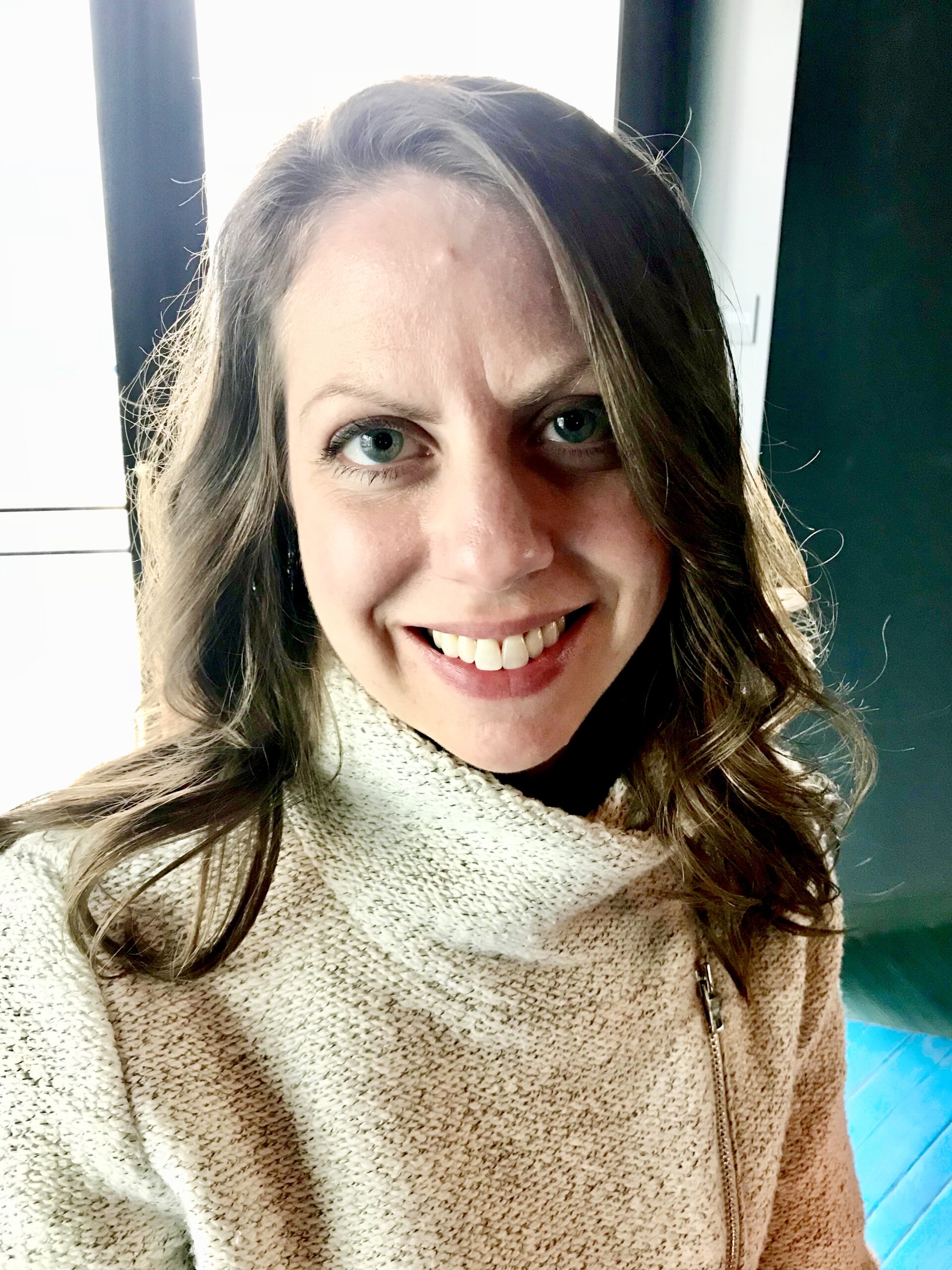

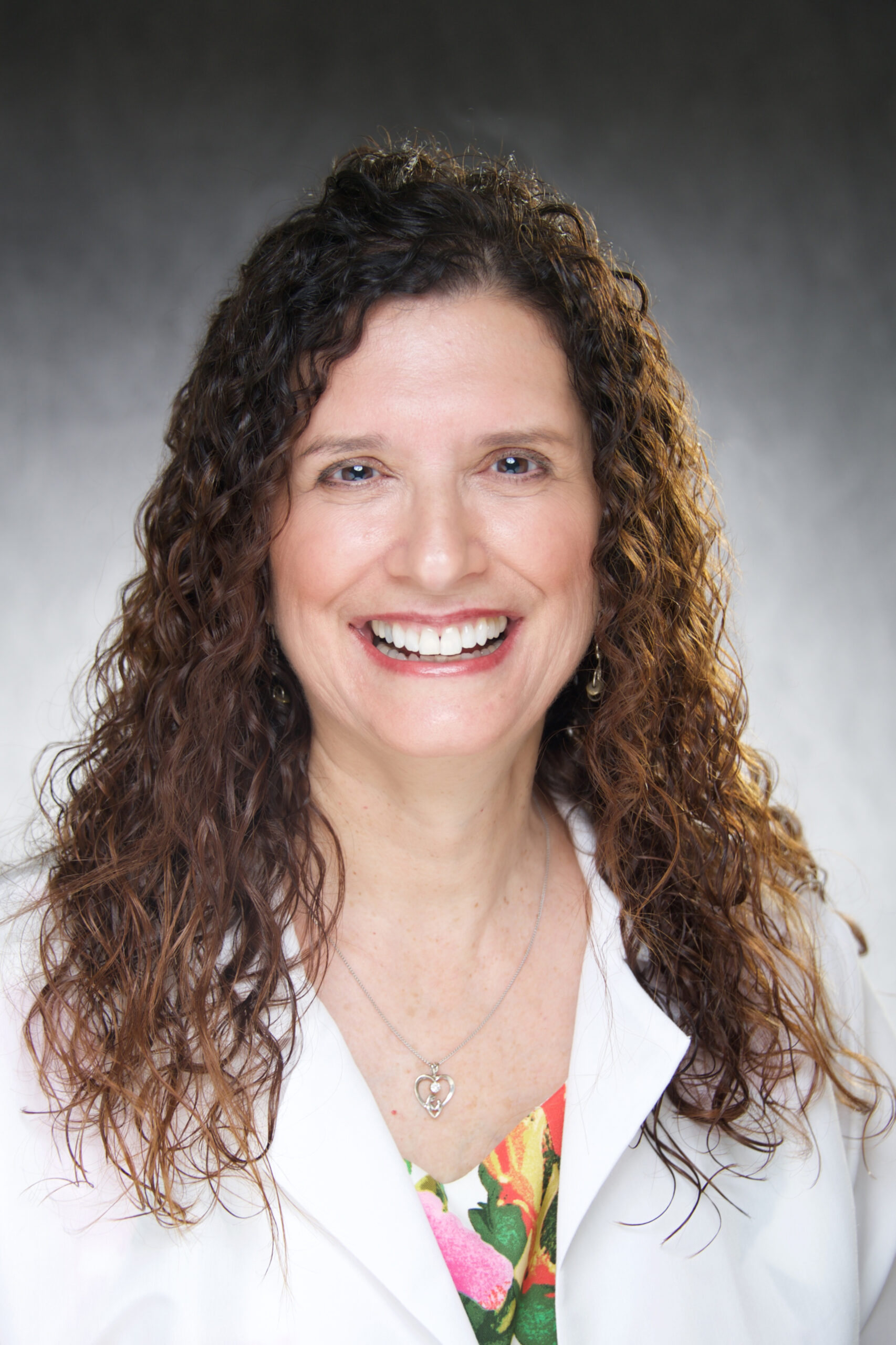

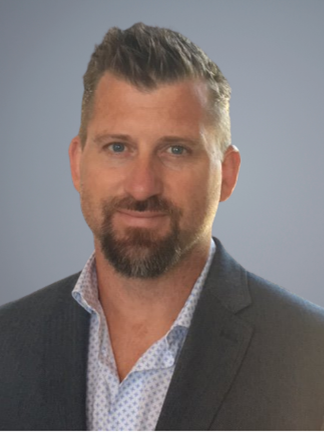
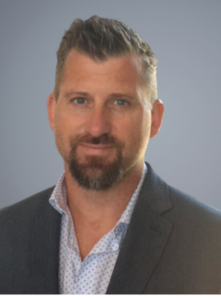



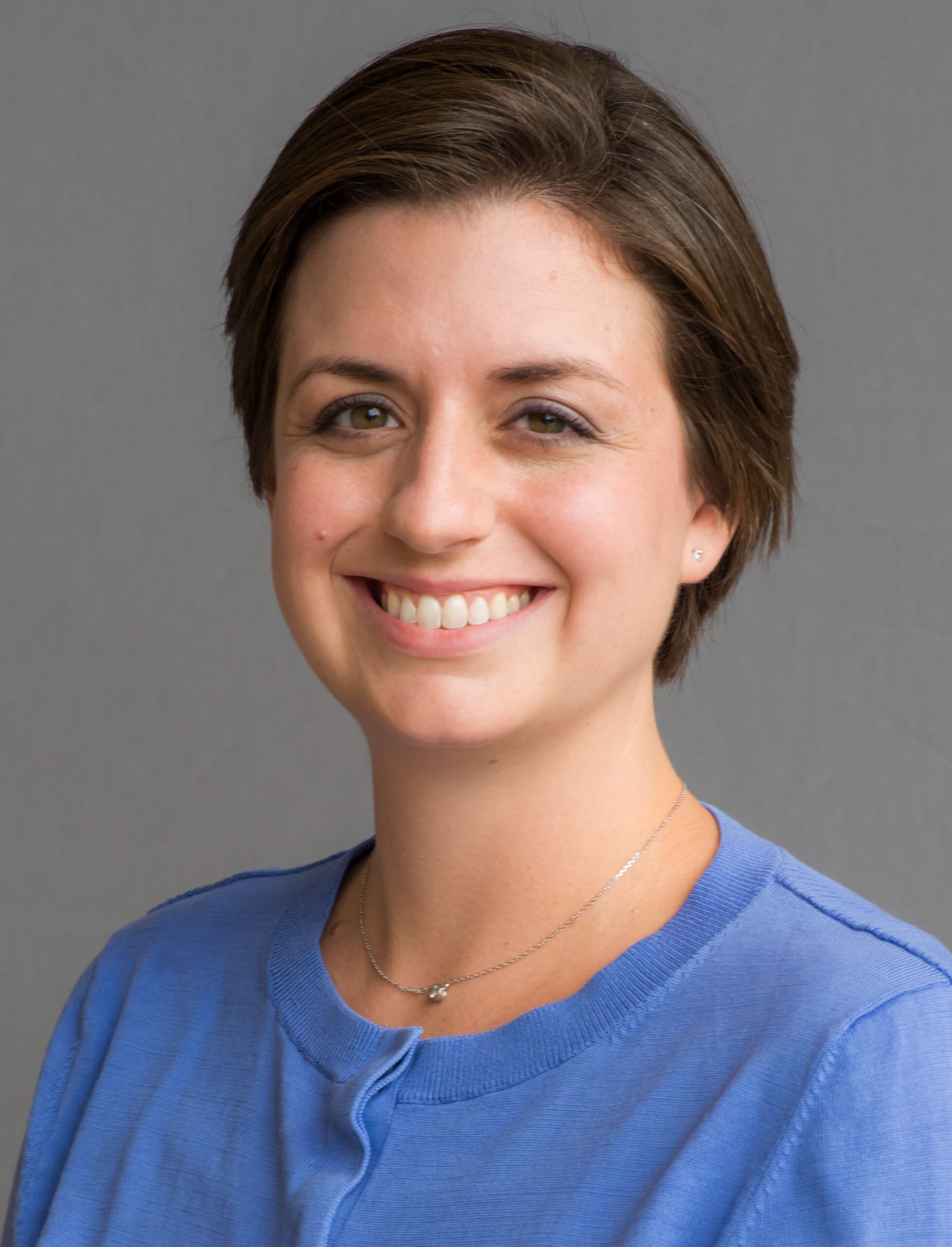



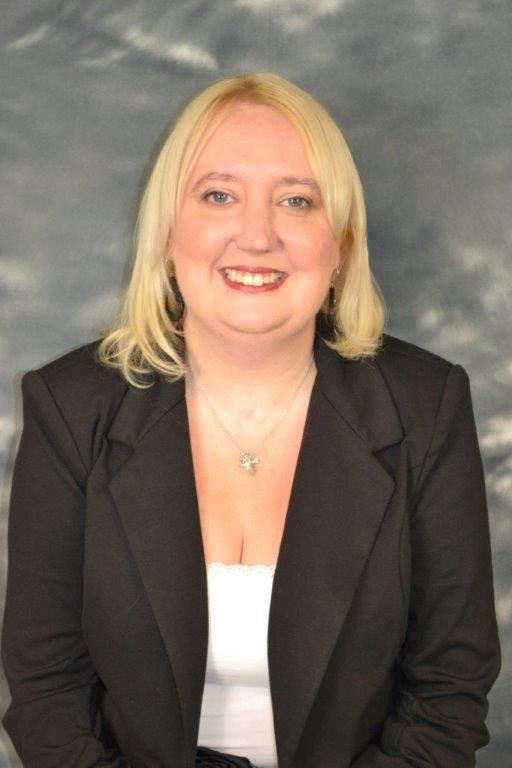


 Dr. JoAnna Romero Cartaya, IPA’s Federal Advocacy Coordinator (FAC), was one of three APA psychologists honored as an APA Advocacy Champion during the APA Advocacy Summit on March 14, 2021. Her expertise as an advocate for federal legislation serves IPA members, and psychologists in general, immensely. Among her many accomplishments as our FAC, the following efforts were highlighted during the summit:
Dr. JoAnna Romero Cartaya, IPA’s Federal Advocacy Coordinator (FAC), was one of three APA psychologists honored as an APA Advocacy Champion during the APA Advocacy Summit on March 14, 2021. Her expertise as an advocate for federal legislation serves IPA members, and psychologists in general, immensely. Among her many accomplishments as our FAC, the following efforts were highlighted during the summit:
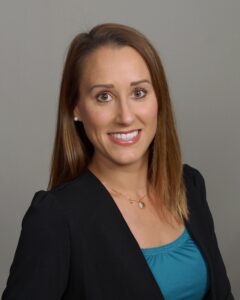 Dr. Neef had the following remarks: Thank you so much for the Michele Greiner ECP Award. I didn’t have the pleasure of knowing Dr. Greiner, but I’m aware she was special to many of you. I’ve heard she was vibrant, an excellent mentor, passionate about bringing ECPs to Iowa, and skilled at cultivating community amongst professionals in our field, so it is truly an honor to receive an award in her name. When Benge emailed me about this award, I was having a week to which many ECPs can likely relate. I had a newborn baby and was embarking on starting a practice with my business partner Dr. Mark Poeppe. I was being pulled in a million different directions and felt I wasn’t doing much of anything well. The notification of this award came at the most opportune time, and I was grateful for the validation from my peers that I wasn’t a complete failure! I have appreciated the support and community IPA and IPF have offered me since I moved back to the Des Moines area from Chicago in 2016. Thank you to Suzanne Zilber and my IPA colleagues for granting me this award, and congratulations to the other awardees!
Dr. Neef had the following remarks: Thank you so much for the Michele Greiner ECP Award. I didn’t have the pleasure of knowing Dr. Greiner, but I’m aware she was special to many of you. I’ve heard she was vibrant, an excellent mentor, passionate about bringing ECPs to Iowa, and skilled at cultivating community amongst professionals in our field, so it is truly an honor to receive an award in her name. When Benge emailed me about this award, I was having a week to which many ECPs can likely relate. I had a newborn baby and was embarking on starting a practice with my business partner Dr. Mark Poeppe. I was being pulled in a million different directions and felt I wasn’t doing much of anything well. The notification of this award came at the most opportune time, and I was grateful for the validation from my peers that I wasn’t a complete failure! I have appreciated the support and community IPA and IPF have offered me since I moved back to the Des Moines area from Chicago in 2016. Thank you to Suzanne Zilber and my IPA colleagues for granting me this award, and congratulations to the other awardees!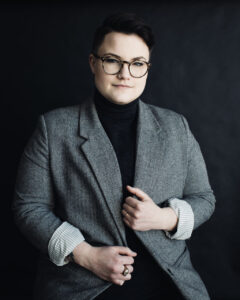 Max accepted his award and shared his remarks: Thank you so much for honoring me with this award. I want to recognize that I am receiving this award on stolen Lakota, Dakota, Mesqwaki, and Ioway peoples. We must acknowledge the stolen land that we stand on through land declarations like this, in addition to connecting with organizations that focus on Native/Indigenous liberation, such as the Great Plans Action Society, because Native and Indigenous liberation is connected to all liberation.
Max accepted his award and shared his remarks: Thank you so much for honoring me with this award. I want to recognize that I am receiving this award on stolen Lakota, Dakota, Mesqwaki, and Ioway peoples. We must acknowledge the stolen land that we stand on through land declarations like this, in addition to connecting with organizations that focus on Native/Indigenous liberation, such as the Great Plans Action Society, because Native and Indigenous liberation is connected to all liberation.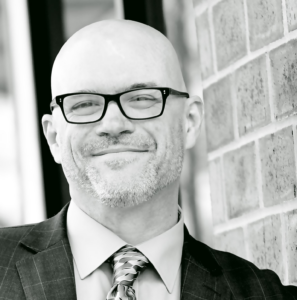 Dear Executive Council of the Iowa Psychological Association,
Dear Executive Council of the Iowa Psychological Association,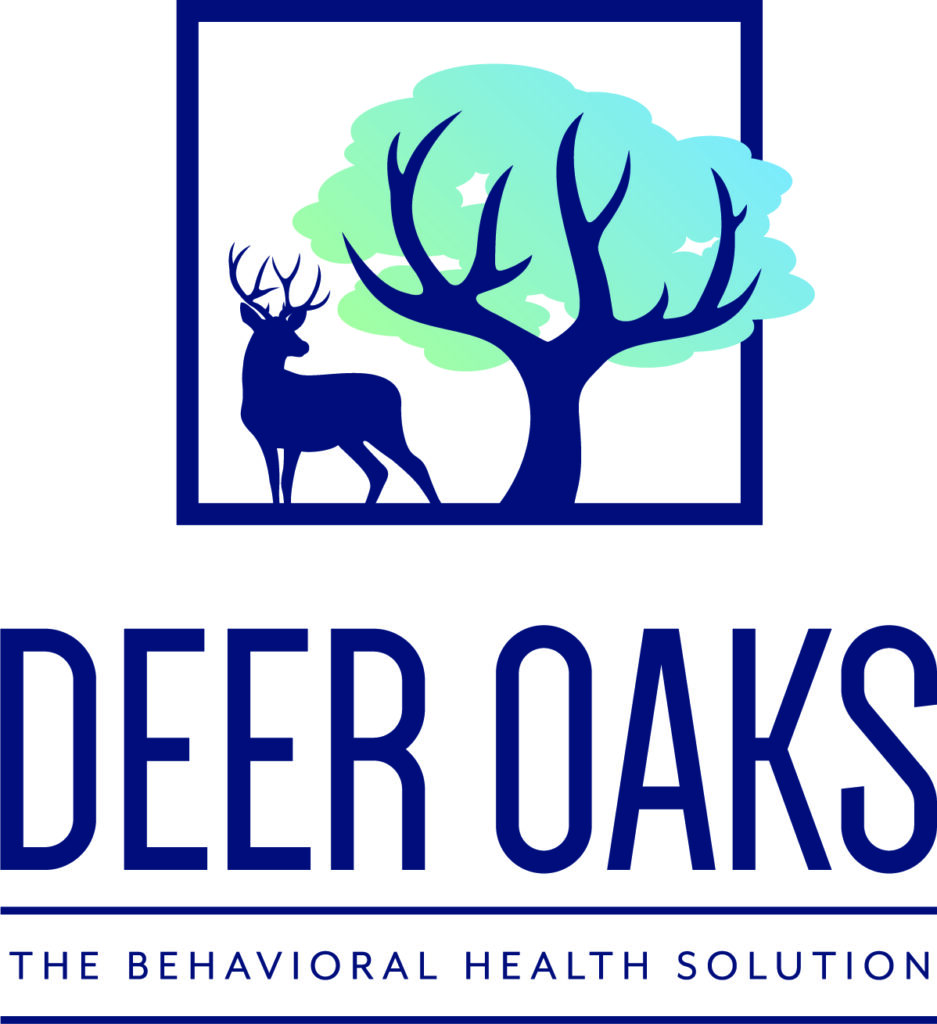

 I was fortunate to acquire an academic job directly out of my pre-doctoral internship. However, the downside of this was that opportunities to apply my clinical skills were largely nonexistent, and acquiring the required 1500 hours of postdoctoral licensure hours was a daunting task while embarking on the tenure track. While I had always found academia fulfilling, after two years focusing solely on teaching and research, a level of monotony began to appear, and the lack of opportunities to work with clients began to frustrate me. Not to mention, I dreaded the prospect of having to repeat the same stories from my past clinical work to my students for the next 50 years if something did not change. Accordingly, despite the challenge and risk of adding a new responsibility to an already full workload, I decided to take on a part-time clinical position to complete my licensure hours. Looking back, this was one of the best decisions I have ever made, and the following case exemplifies why I will always have one foot in the clinic.
I was fortunate to acquire an academic job directly out of my pre-doctoral internship. However, the downside of this was that opportunities to apply my clinical skills were largely nonexistent, and acquiring the required 1500 hours of postdoctoral licensure hours was a daunting task while embarking on the tenure track. While I had always found academia fulfilling, after two years focusing solely on teaching and research, a level of monotony began to appear, and the lack of opportunities to work with clients began to frustrate me. Not to mention, I dreaded the prospect of having to repeat the same stories from my past clinical work to my students for the next 50 years if something did not change. Accordingly, despite the challenge and risk of adding a new responsibility to an already full workload, I decided to take on a part-time clinical position to complete my licensure hours. Looking back, this was one of the best decisions I have ever made, and the following case exemplifies why I will always have one foot in the clinic.
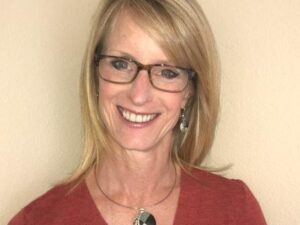 Like Scott, my goal is to best represent members’ concerns, wishes and goals. I am a 3rd year rep filling a vacancy created when Dr. Joy Goins-Fernandez assumed another leadership role for IPA.
Like Scott, my goal is to best represent members’ concerns, wishes and goals. I am a 3rd year rep filling a vacancy created when Dr. Joy Goins-Fernandez assumed another leadership role for IPA.